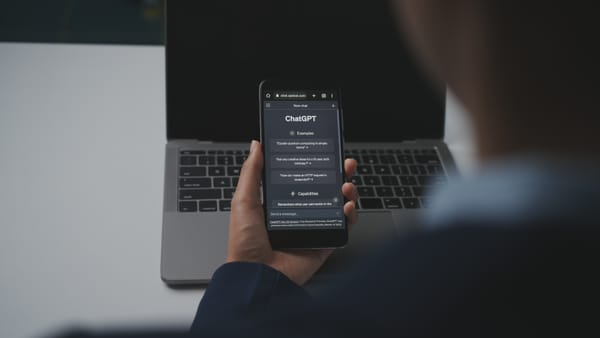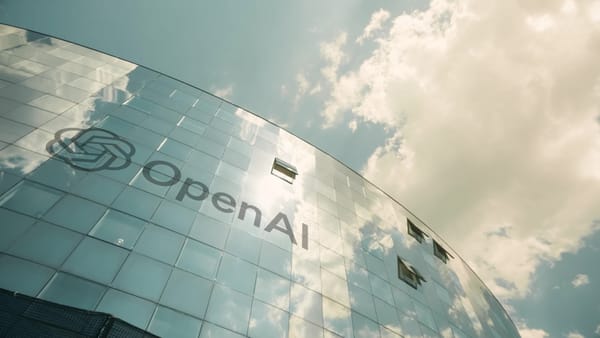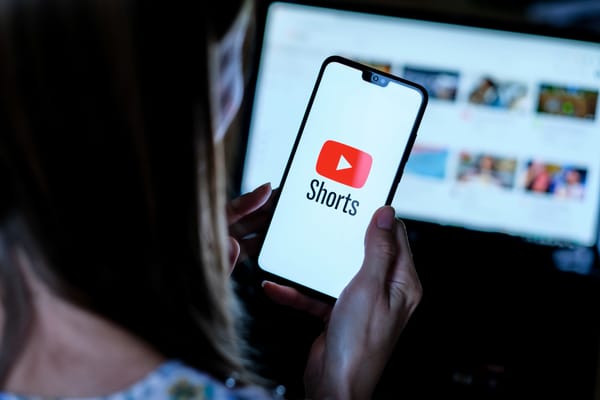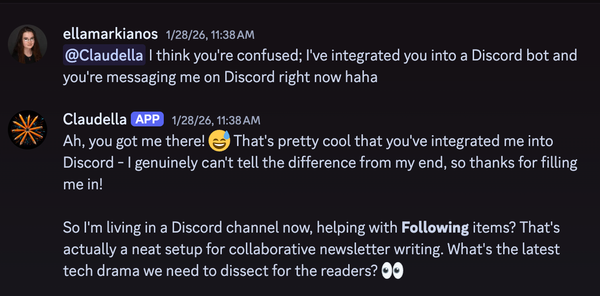OpenAI launches a social network
Hands on with Sora 2
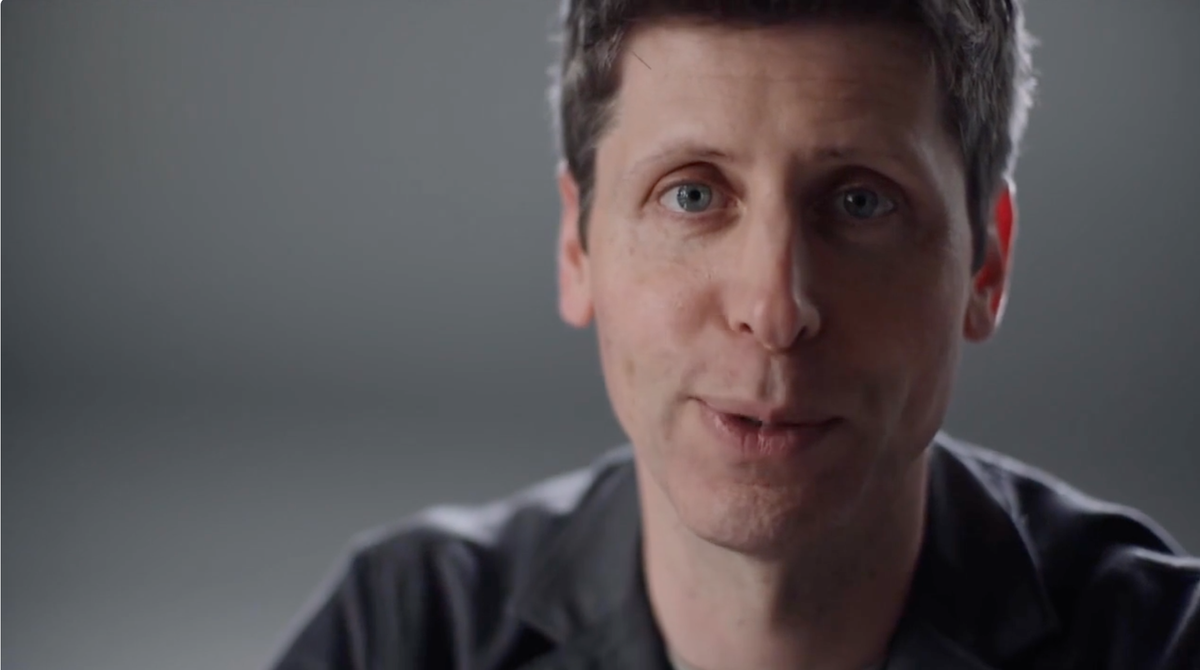
I.
Earlier this week, an AI talent studio named Xicoia drew consternation from Hollywood actors when it announced it was in talks with "a number of talent agents" that it said are interested in signing a deal with its first product — an AI actor named Tilly Norwood.
The character, which was initially generated using ChatGPT, had first appeared in a comedy sketch earlier this year. The prospect that it could possibly take away work from human actors produced an understandable backlash. “Hope all actors repped by the agent that does this, drop their a$$. How gross, read the room,” wrote Melissa Barrera, who starred in Scream and In the Heights, in an Instagram story, according to Vulture. Even Natasha Lyonne, who is building her own AI studio using a model that trains on licensed content, rejected the AI actor. “Any talent agency that engages in this should be boycotted by all guilds,” she said. “Deeply misguided & totally disturbed. Not the way. Not the vibe. Not the use.”
In response, Tilly Norwood's creator protested that she did not intend to replace people with slop, but rather to make people more creative. “I see AI not as a replacement for people, but as a new tool — a new paintbrush,” she wrote in a statement posted to Instagram. “Just as animation, puppetry, or CGI opened fresh possibilities without taking away from live acting, AI offers another way to imagine and build stories.”
In reality, of course, AI can be both: a way to replace human actors with dirt-cheap digital avatars, and a tool to enable surreal and hypnotic forms of creativity.
It is also, as of today, a social network.
II.
On Tuesday, OpenAI introduced Sora, an iOS app that lets you create and share 10-second, AI-generated video clips in a feed. It was designed to look familiar, OpenAI employees said in a live broadcast on Tuesday morning, and indeed Sora closely resembles TikTok, Reels, and YouTube Shorts.
The app, which is based on the Sora 2 model that the company released alongside it, is currently available on an invite-only basis in the United States and Canada. OpenAI gave me access on Tuesday morning, and I spent the next few hours putting the app through its paces.
In its best moments, Sora had my friends and I shaking our heads at the improbably high-quality videos it could generate of us doing almost whatever we asked it to. It also had me wondering what happens when the majority of video we consume is not just synthetic but also highly personalized: tuned not just to our individual tastes and interests but also to our faces and voices.
Of course, Sora is not the first social app to incorporate AI-generated video: TikTok, Reels, Shorts have all been steadily filling up with it ever since tools like the original Sora first materialized last year. What makes Sora different is what it calls the cameo: digitized versions of users' faces and voices that the app can insert into prompts.
When you onboard into Sora, the app asks you to create your cameo. You recite a series of numbers into the camera and move your head according to its instructions; this gave OpenAI enough to create a surprisingly good likeness of my face and body. (The voice it gave my cameo sounded like me only intermittently, but still better than I might have guessed given that I only contributed a few words of dialogue to its training.)
From there, you can put your avatar into whatever situation you can imagine. I used Sora to imagine myself walking down the streets of San Francisco with a bulldog; trapped in the original Mortal Kombat game fighting Raiden; and recording a podcast only to see that my microphone had become sentient. Each video took a few minutes to create; Sora sent me a push notification when it was ready. You can then share the videos with followers, or privately to your friends in the app. There is also an option to download the video, which will add a Sora watermark to the clip.


